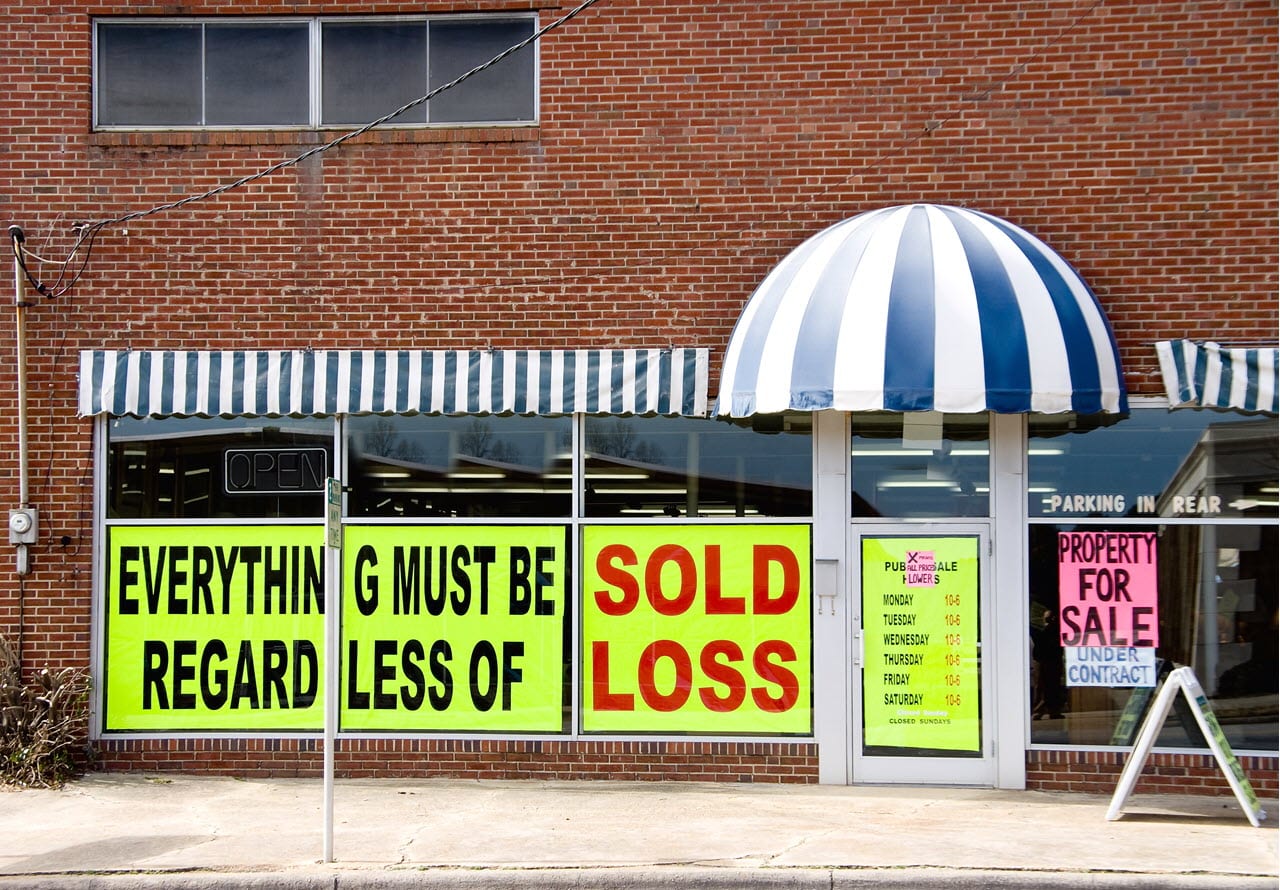When a company enters liquidation, what happens to its directors? What’s their role? Are they personally liable for debts? Is it OK for them to set up another business?
In today’s article we will answer all these questions and more to explain exactly what happens to the director of a liquidated company.
What Is Liquidation?
So what is liquidation? Liquidation is when a company stops trading and sells (liquidates) its assets. The cash raised is used to pay off creditors or is divided up amongst the shareholders.
Liquidation can be a choice (Creditors Voluntary Liquidation and Members Voluntary Liquidation) or compulsory by way of a winding up order from the courts. Both insolvent and solvent companies can be liquidated.
During Liquidation
An insolvency practitioner or Official Receiver is appointed to oversee the liquidation. As soon as they have been appointed they take full control of the company. This means directors can no longer act for or on behalf of the company.
All decisions regarding liquidation will be made by the insolvency practitioner and directors must comply. Directors are required to provide the liquidator with any information they request and hand over all company assets, records and paperwork. They must also allow the liquidator to interview them, if asked.
Liability for Debts
Directors of a limited company are not liable for the company’s debts if they have acted properly and quickly.
Directors have a huge amount of responsibility to ensure they act in the best interests of the company’s creditors. When a company becomes insolvent it is expected that they will act quickly to ensure debts can be repaid. During insolvency a director must not accept further credit or deliberately act in a way that prevents debts being repaid.
Voluntary liquidation often feels like a drastic step but if the company realistically has no future it is necessary.
Failing to act quickly and properly is considered wrongful trading. During liquidation, the insolvency practitioner will investigate director conduct. If it is found that the director(s) continued to trade whilst insolvent, continued to accept credit or otherwise acted improperly, they will face action.
This action may include making the director personally liable for all company debts from the onset of insolvency. If this happens, directors must use their own assets to pay debts, or face bankruptcy. Further action can include disqualification from holding a director position for up to 15 years and significant fines.
Directors are also liable for any debts they have personally guaranteed. Most lenders will agree to a repayment schedule; directors should contact them quickly to arrange this.
Does the director receive any money from liquidation?
Directors of insolvent companies will not receive any proceeds from the sale of assets. However, if they acted as a creditor to the company, they may receive some or all of this money back. How much depends on where the director stands in the creditor order of priority and how much money is made by the selling of assets. It may be that there just isn’t enough money to repay all of the creditors.
Directors and shareholders of solvent companies who choose to liquidate (Members Voluntary Liquidation) will receive an equal share of the proceeds from sold assets.
In some scenarios, directors can claim redundancy from the government. It’s very quick and easy to apply – just fill in a form. To be eligible, directors must have been employed by the company and received a salary via PAYE. It probably goes without saying but directors found guilty of wrongful trading are not eligible for redundancy.
What’s Next?
The company is formally closed (wound up) when all proceeds from the liquidation have been distributed to creditors.
As long as the director has not been banned from doing so, he or she can go on to set up another business if they wish. However, if they intend to use the same company name, there may be restrictions.
Directors of companies in compulsory liquidation or Creditors Voluntary Liquidation are banned from forming, managing or promoting any business with the same or similar name for five years. There are exceptions to this, but they are limited. You can use the name if:
- You get the court’s permission to do so.
- You’re involved with a company that uses the same name as the liquidated company and has done so for at least a year.
- The business is sold by an insolvency practitioner giving the legally required notice.
Further Help
We hope this guide alleviates some of the worry and stress surrounding liquidation. If you’re a director of an insolvent company and you’re not sure what to do next, talk to a licensed insolvency practitioner as soon as you can. They will provide you with detailed advice to help you make the right decisions for you and your business.
out of business -DepositPhotos


